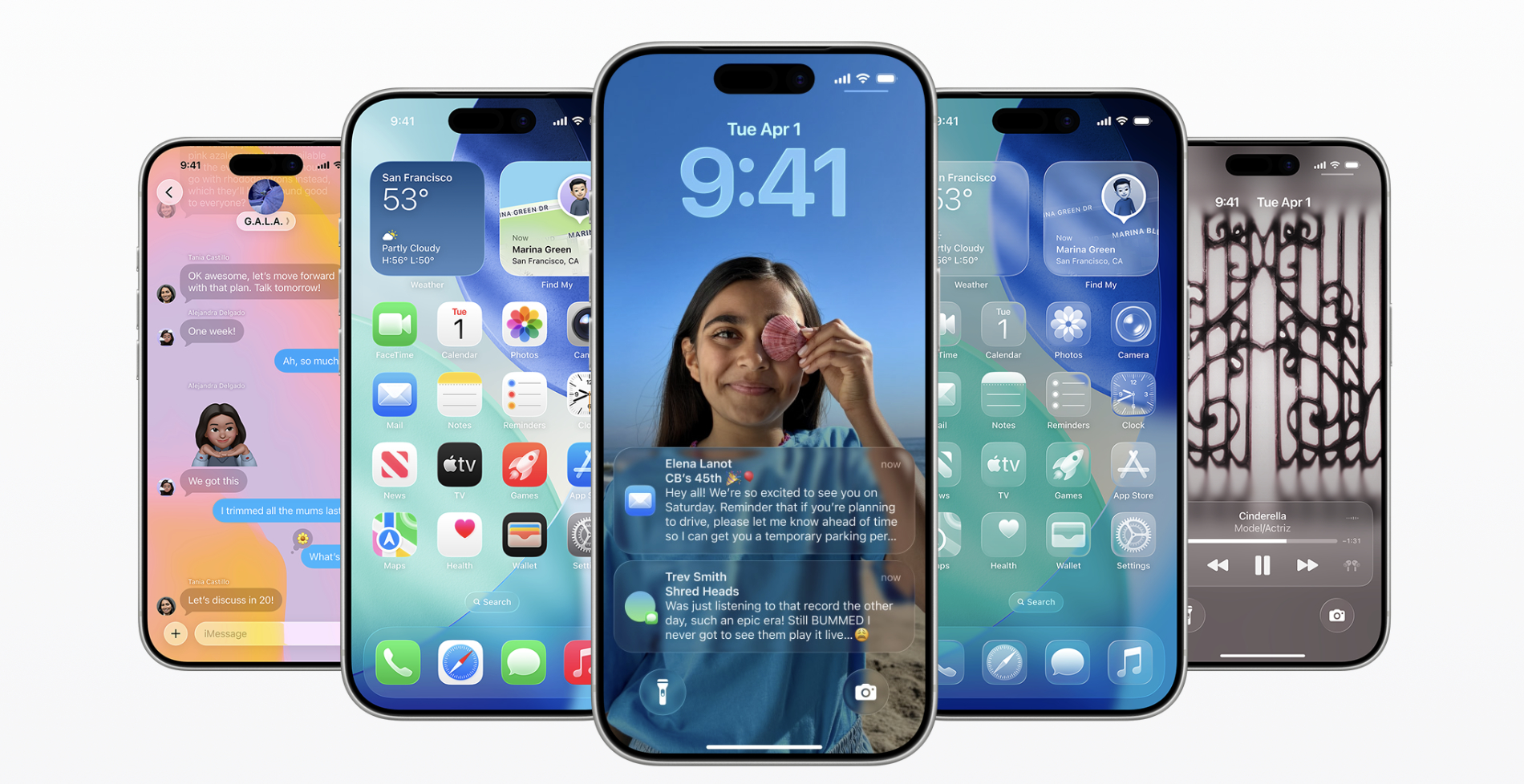
On the heels of its earlier $12 million fundraise, subscription management platform RevenueCat has made its first acquisition — and it’s an unusual one. Instead of acquiring a company to add more tools to its platform, it’s buying an app offering subscription for “spicy” audiobooks, Dipsea.
No, this isn’t a massive pivot for the popular platform used by over 30,000 app developers, including Notion, VSCO, Ladder, Photoroom, Buffer, and others.
Instead, the novel idea here is to bring a subscription-based app in-house to serve as a testing ground for RevenueCat’s new features and functionality, the company says. Plus, it will serve as part of RevenueCat’s “build in public” philosophy.
Dipsea’s app works with authors and narrators (and ElevenLabs‘ AI voice technology) to produce a variety of romantic fictional tales with a focus on the female gaze. Currently, Dipsea has a fairly robust business with 93,847 paying subscribers and an ARR of close to $6 million. Last month, the app pulled in $505,920, for instance.
Though the app is doing well, as a venture-backed startup in today’s tightened regulatory environment, it was having trouble finding an exit. As a longtime RevenueCat customer, this presented an unusual opportunity.
“I’ve known Faye [Keegan, CEO and co-founder of Dipsea] since nearly the beginning of RevenueCat,” says co-founder and CEO Jacob Eiting. “We’ve gotten to know each other more over the years, and just always felt like it’s hard to find people to understand RevenueCat’s customer problems as deeply as somebody who’s lived it.”

Eiting says that when the chance to acquire the Dipsea operation appeared, he thought it would prove to be a chance to actually try to operate a live app, using RevenueCat’s tools, so the company could make sure it was staying up-to-date on what the real challenges are for subscriptions apps on today’s App Store.
“The App Store has completely turned over in the time since we started,” he says. “All the tactics have completely changed.”
Today app developers face the typical issues of user acquisition, conversion, and retention, but the subscription economy itself has grown at least 10 times since RevenueCat began operating, Eiting says. Competition is fiercer, too. For every popular app category, there are at least seven other viable competitors. In addition, Apple’s launch of the user privacy measure ATT (App Tracking Transparency) has affected developers’ user acquisition efforts.
“It’s definitely gotten harder and more sophisticated,” Eiting says. “And RevenueCat is part of that — democratizing that — taking techniques that different apps have figured out on their own and bringing that to everybody out of the box.”

Still, running a subscription-based audiobooks app will be a new frontier for RevenueCat.
To help with this, the acquisition is bringing aboard Keegan and her small five-person team, who will continue to update the app and integrate the new tools that RevenueCat wants to test.
By owning its own app, RevenueCat can experiment with new techniques before trying to convince its own paying customers they’re worth the risk. And, in addition to testing tools, the app can serve as a demo to potential customers who want to go hands-on with RevenueCat’s dashboard before they commit.
“Joining forces opens up new possibilities for Dipsea,” Keegan said in a statement shared with TechCrunch. “We’ll tap into the wealth of subscription growth experience inside the company, and partner with them to keep building great features that help developers make more money while providing our Dipsea users with the content they love. I couldn’t be more thrilled to join the team.”

Dipsea was backed by investors including Bedrock, Thrive Capital, Powerhouse Capital, Lemonade Capital, Riverside Ventures, Amboy Street Ventures, Jackalope Ventures, Bossanova Investimentos, and Niche Capital, as well as other seed-stage VC firms and angel investors. To date, it had raised $13.63 million, according to Pitchbook. In buying Dipsea, RevenueCat bought out all the investors on the app’s cap table, while still allowing the app to continue operating its business and fulfilling its mission.
Deal terms were not disclosed, but it was an all-cash acquisition, we understand, and a deal that’s been underway since this March. It’s not likely RevenueCat blew the entirety of its Series C on the app, so this was probably not a big win for Dipsea’s investors, from a financial standpoint.
In time, RevenueCat hopes to prove its success by growing Dipsea’s subscription business, which it can then use as an example to its existing customers.
“It means that we can tell you subscriber numbers and revenue numbers because, when the demo environment is live, you can just log in and check what it looks like,” notes RevenuCat VP of Marketing Rik Haandrikman.
“So if you check a year from now and it’s 50,000 subscribers, we f***** up, right?” he says with a laugh. “Something went horribly wrong.”
Keegan will start her new role at RevenueCat overseeing the Dipsea subsidiary in a couple of weeks, but the company says it will be prepping the demo environment ahead of that.






